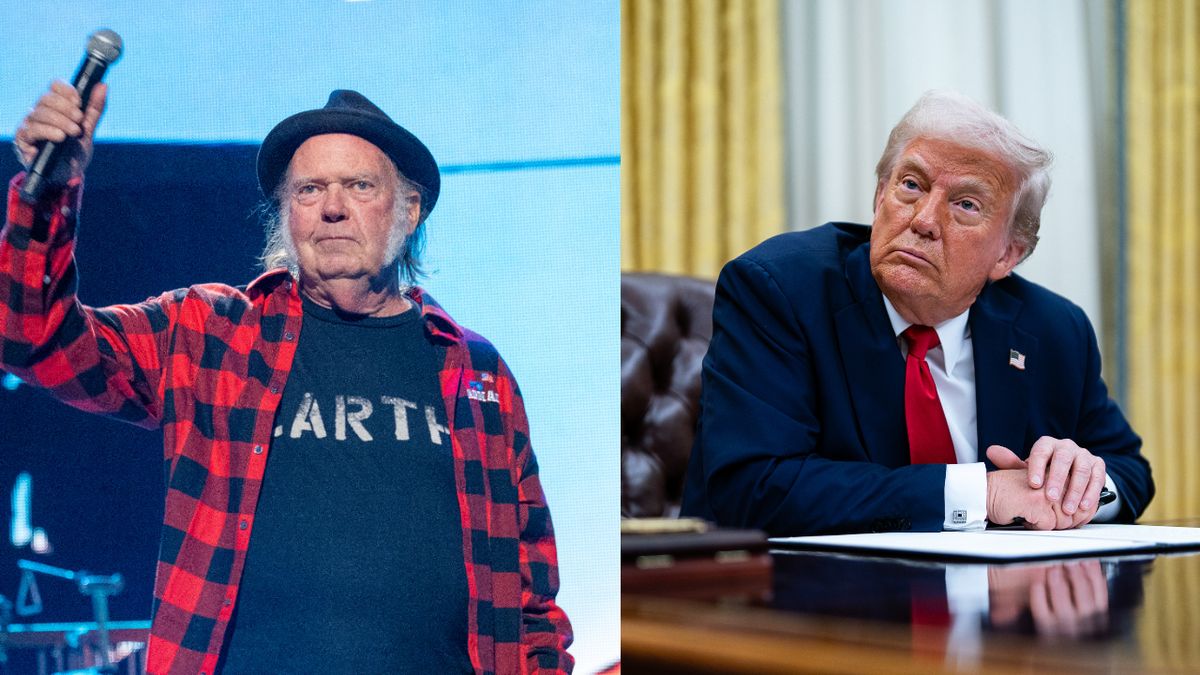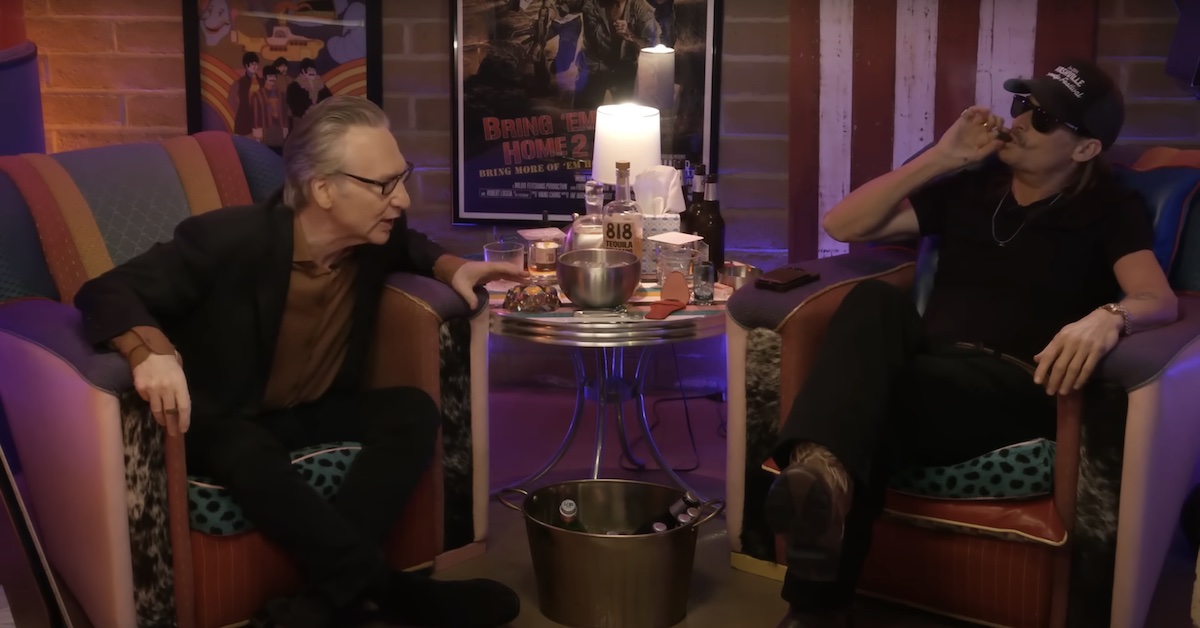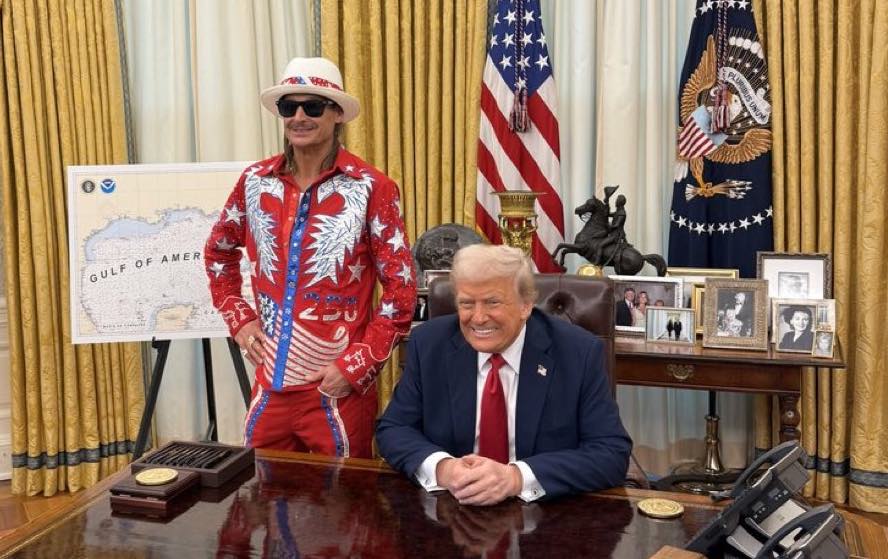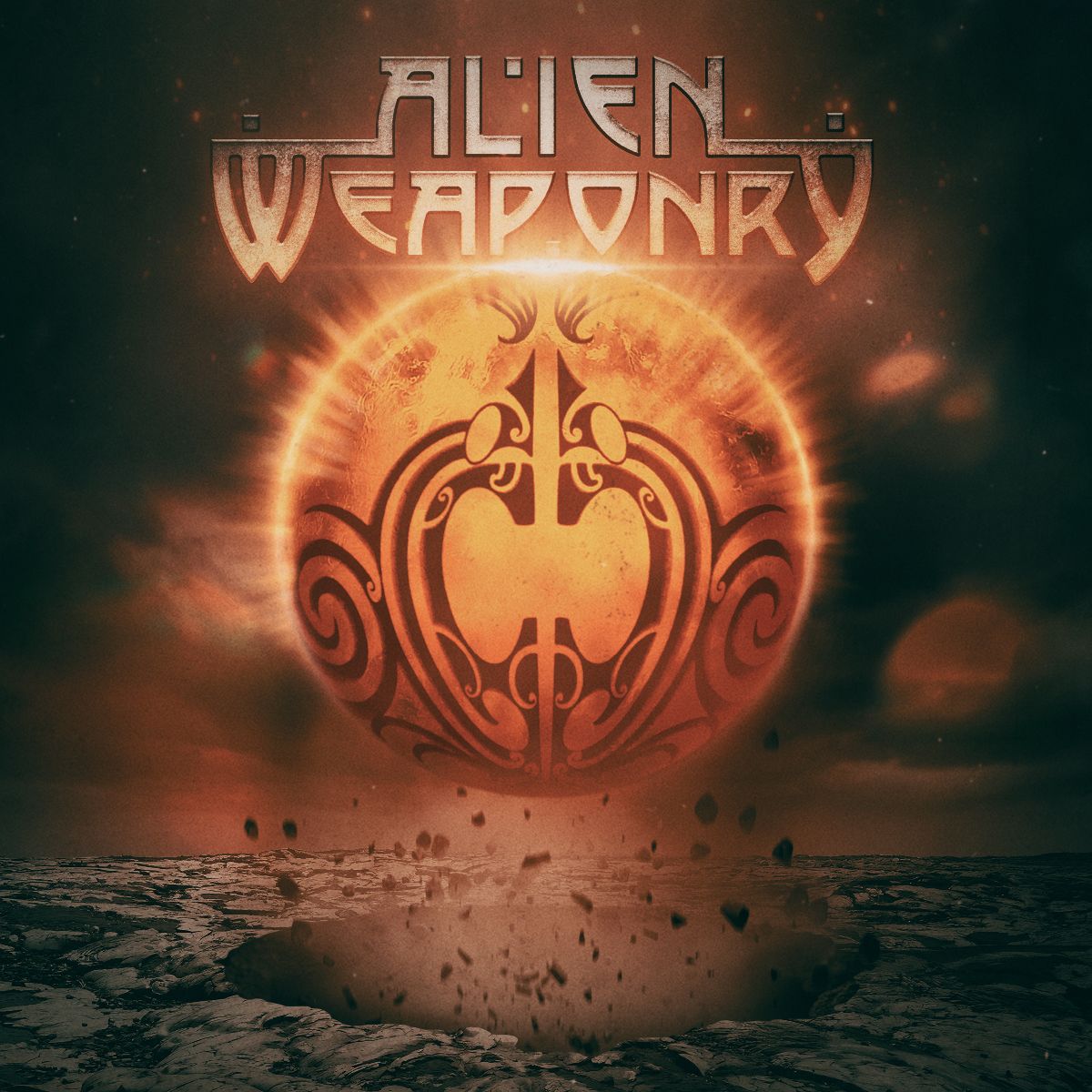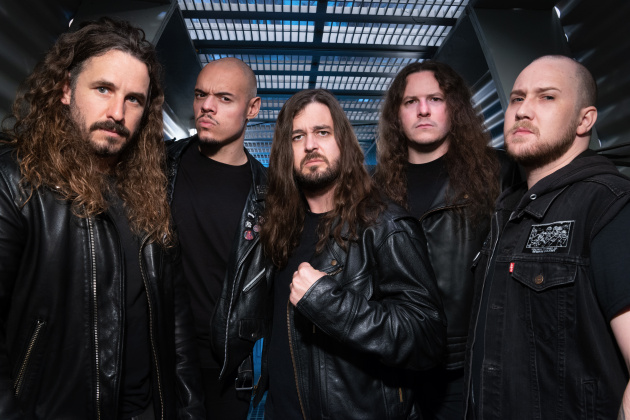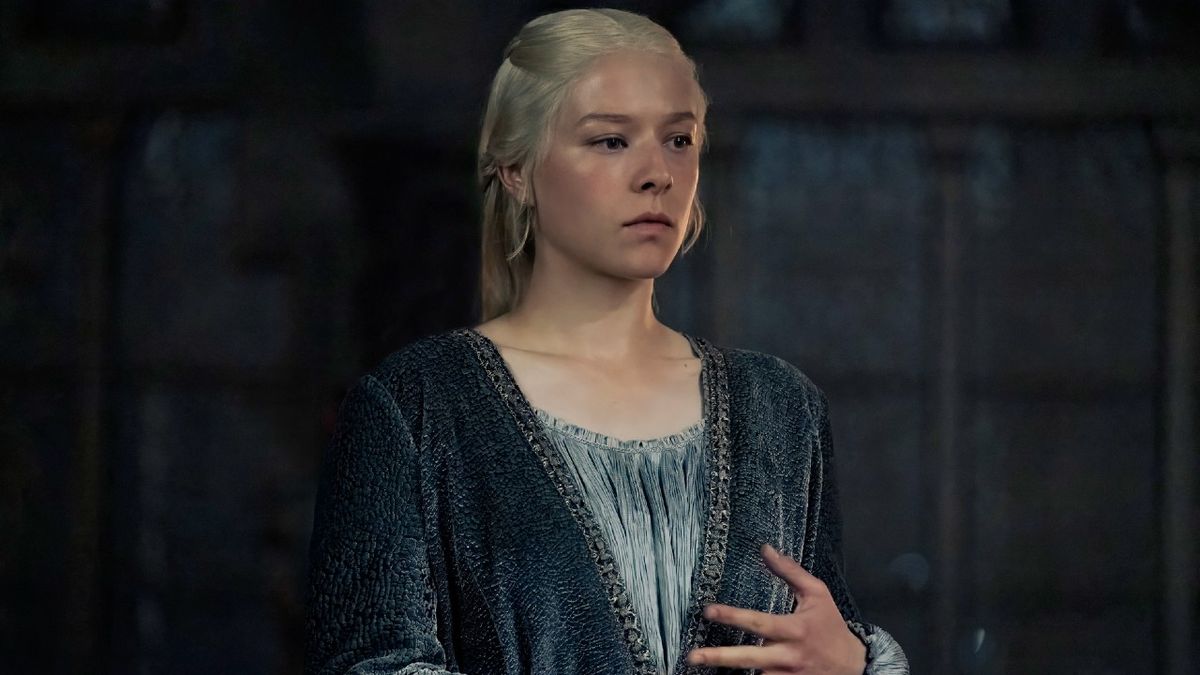
Everest. Kilimanjaro. Fuji. Some mountains just have to be climbed, no matter what. Blind Willie Johnson’s “Dark Was The Night, Cold Was The Ground” is a bit like that. The guitar-playing preacher’s 1928 gospel-blues masterpiece looms large, and plenty of guitarists (notably Ry Cooder and Jack Rose) have contended with it. While their efforts often result in great music, the mountain never gets any smaller. So, give this pan-European jazz trio credit for taking on a stern challenge; its performance of the tune opens this 10-inch record, which was recorded at Steve Winwood’s Wincraft Studio in rural England.
Samuel Blaser, it must be said, is not shy about taking on challenges. (Full disclosure: I have written liner notes for some digital releases that Blaser put out during COVID time.) He’s sought out ongoing working relationships with some of jazz’s great drummers (Paul Motian, Pierre Favre, Gerry Hemingway), adapted opera themes to improvised music and used his trombone to conduct a solo audio tour of the Funkhaus, Berlin’s historic recording-studio complex. Blaser is up for a challenge. He and the rest of his trio—French electric guitarist Marc Ducret and Danish drummer Peter Bruun—acquit themselves well by walking a narrow path bounded by spiritual fidelity and creative interpretation. Ducret’s opening, fuzz-encrusted chords are appropriately grave, and Bruun stokes a slow boil while Blaser’s muted horn walks the original’s melody along a trail of tears.
The rest of the record (four tracks on vinyl, plus two longer performances accessible via download) returns the trio to the more familiar unknown of spontaneous co-creation. Blaser, Ducret and Bruun slalom through “Hook” like bandits on skis, cutting one way and another without ever losing touch with one another. “Intro” makes a strong case for the ensemble’s skeletal lineup by showing the malleability of empty space with every low growl or stuttering aside. The threesome delves into terse interplay on the longer, download-only tracks, sounding closely engaged and unstable on “So” and languid but carefully balanced on “The Other View.” The decision to record in Winwood’s studio, which doubles as a rehearsal soundstage, pays off by rendering Ducret’s varied tones and Bruun’s spare commentary in subtle detail. [Blaser Music]
—Bill Meyer



